The principle of indifference states that, without any evidence, all potential outcomes should be considered equally probable. For example, if there’s a 10-horse race then, without any additional information, one should assume that each horse has a 1-in-10 chance of winning. It’s an important epistemological principle at the foundation of probability that might seem as safe and sound as it is obvious. But, as this video from Wireless Philosophy (Wi-Phi) lays out, a paradox first described by the French mathematician Joseph Bertrand in 1889 can make starting from a position of true indifference impossible. And, because probability is at the core of almost every scientific field, this paradox has rippled through science for more than a century, leaving in its wake disagreements, workarounds and, so far, no clear solution.
The unresolved probability paradox that goes to the heart of scientific objectivity
Video by Wireless Philosophy
Writer: Jonathan Weisberg

videoPhilosophy of mind
If you knew everything, could you predict anything? A thought experiment
8 minutes

videoMathematics
What is it to be Bayesian? The (pretty simple) math modelling behind a Big Data buzzword
16 minutes
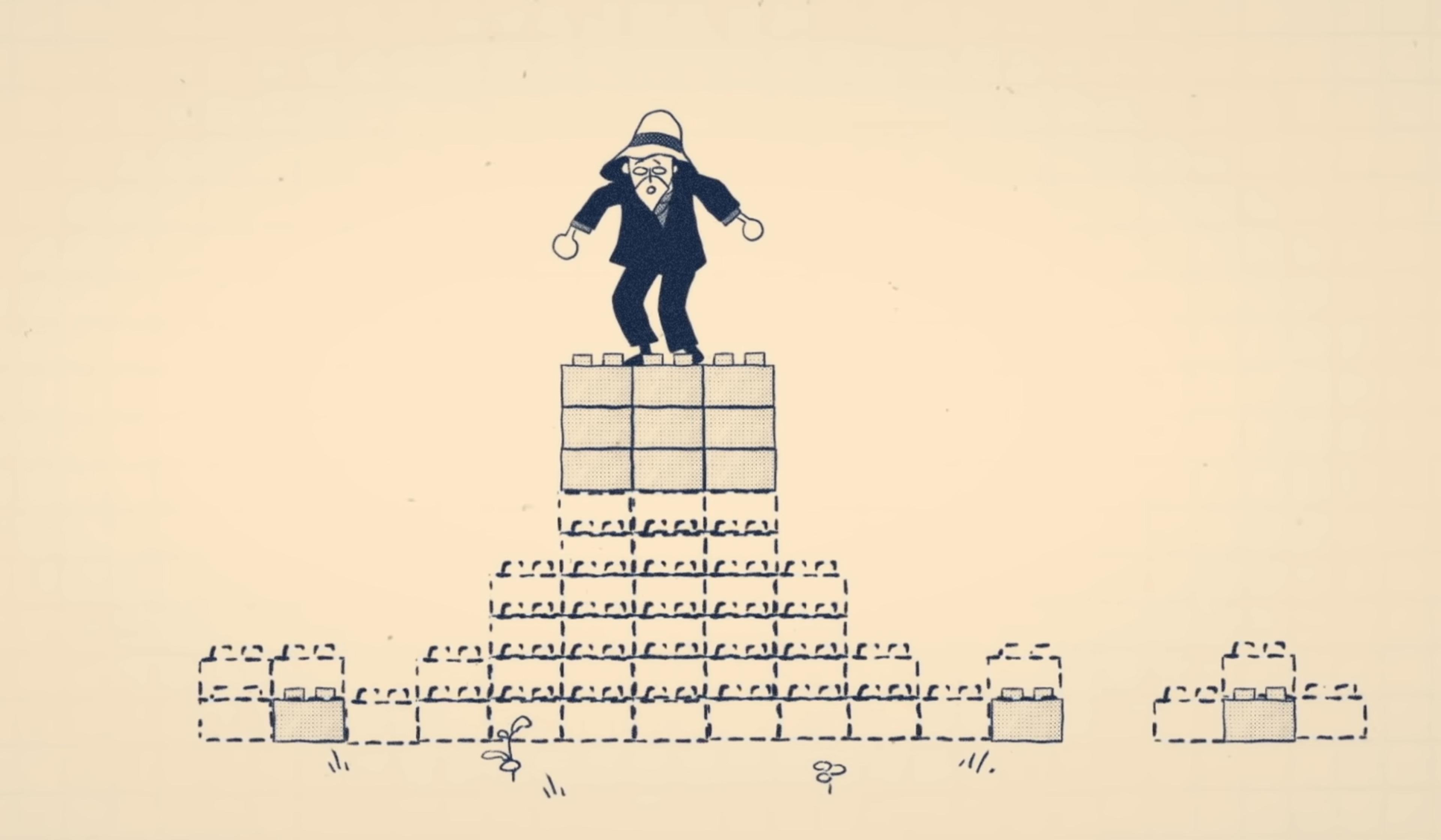
videoMathematics
How a verbal paradox shattered the notion of total certainty in mathematics
5 minutes
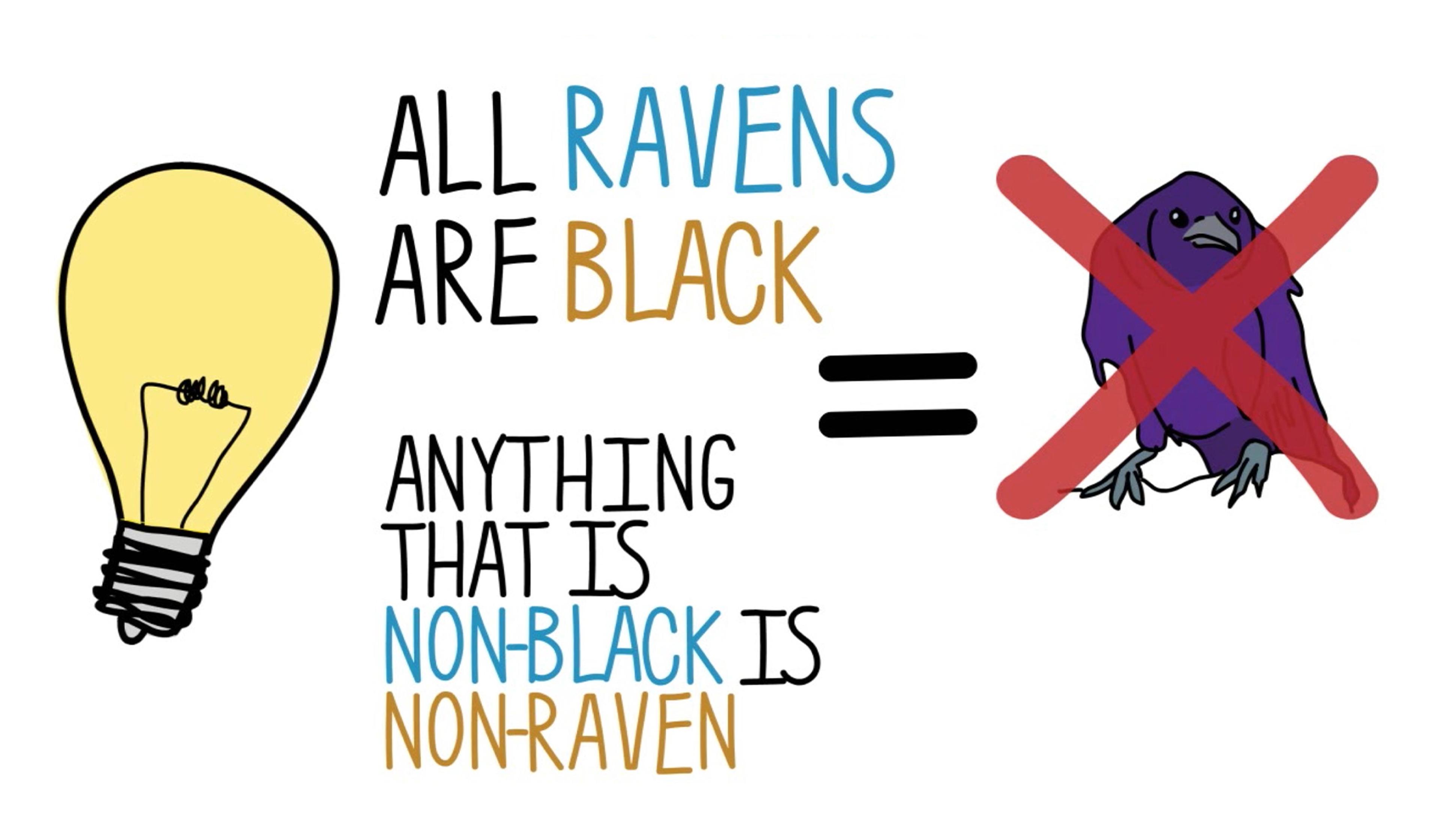
videoLogic and probability
Is a red apple proof that all ravens are black? A paradox of scientific logic
6 minutes
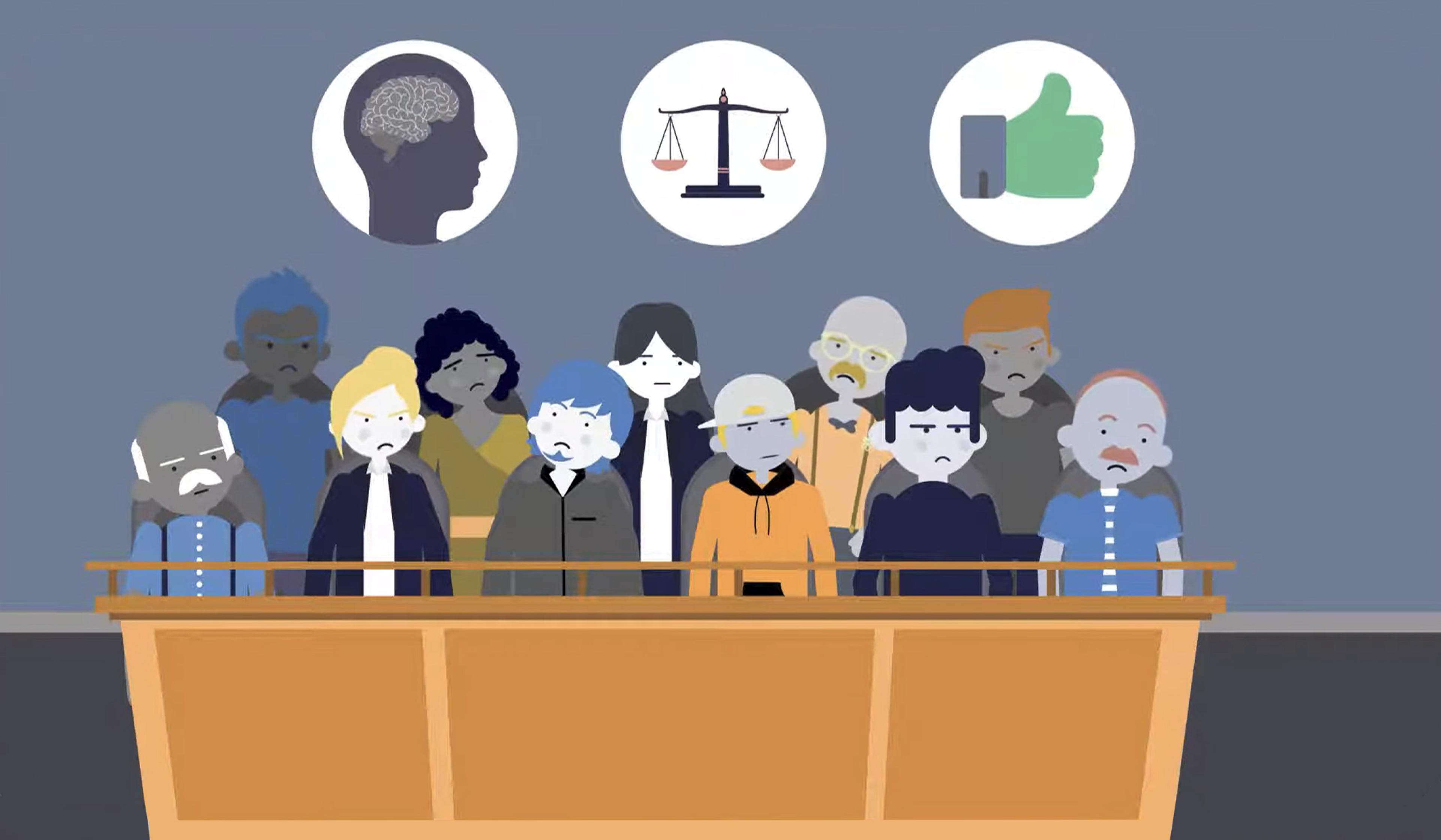
videoPolitical philosophy
Is the idea that democracy always benefits society misguided, or just mathematics?
7 minutes
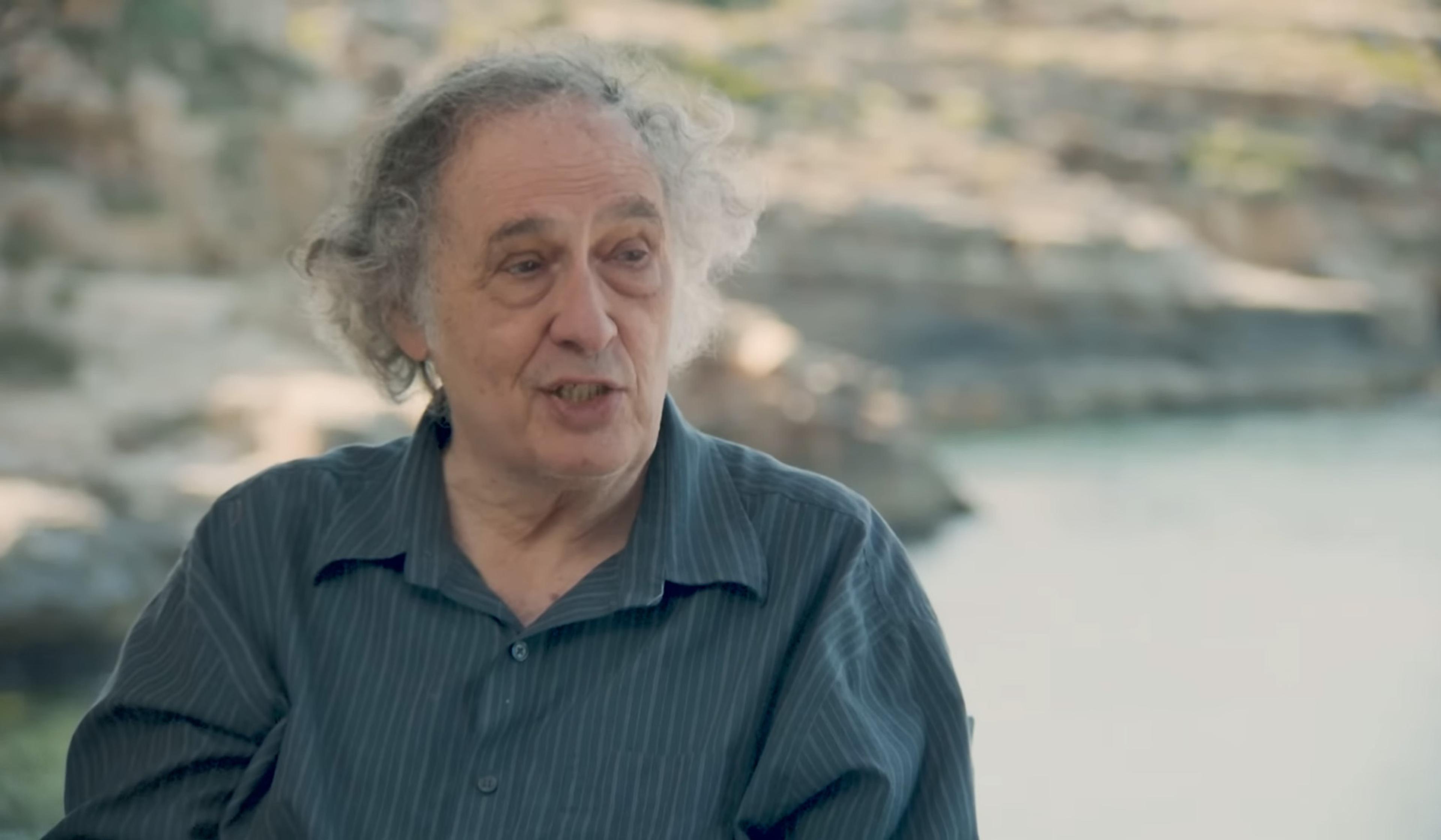
videoMetaphysics
Bertrand Russell wanted to kill off causation. Can contemporary philosophy rescue it?
8 minutes
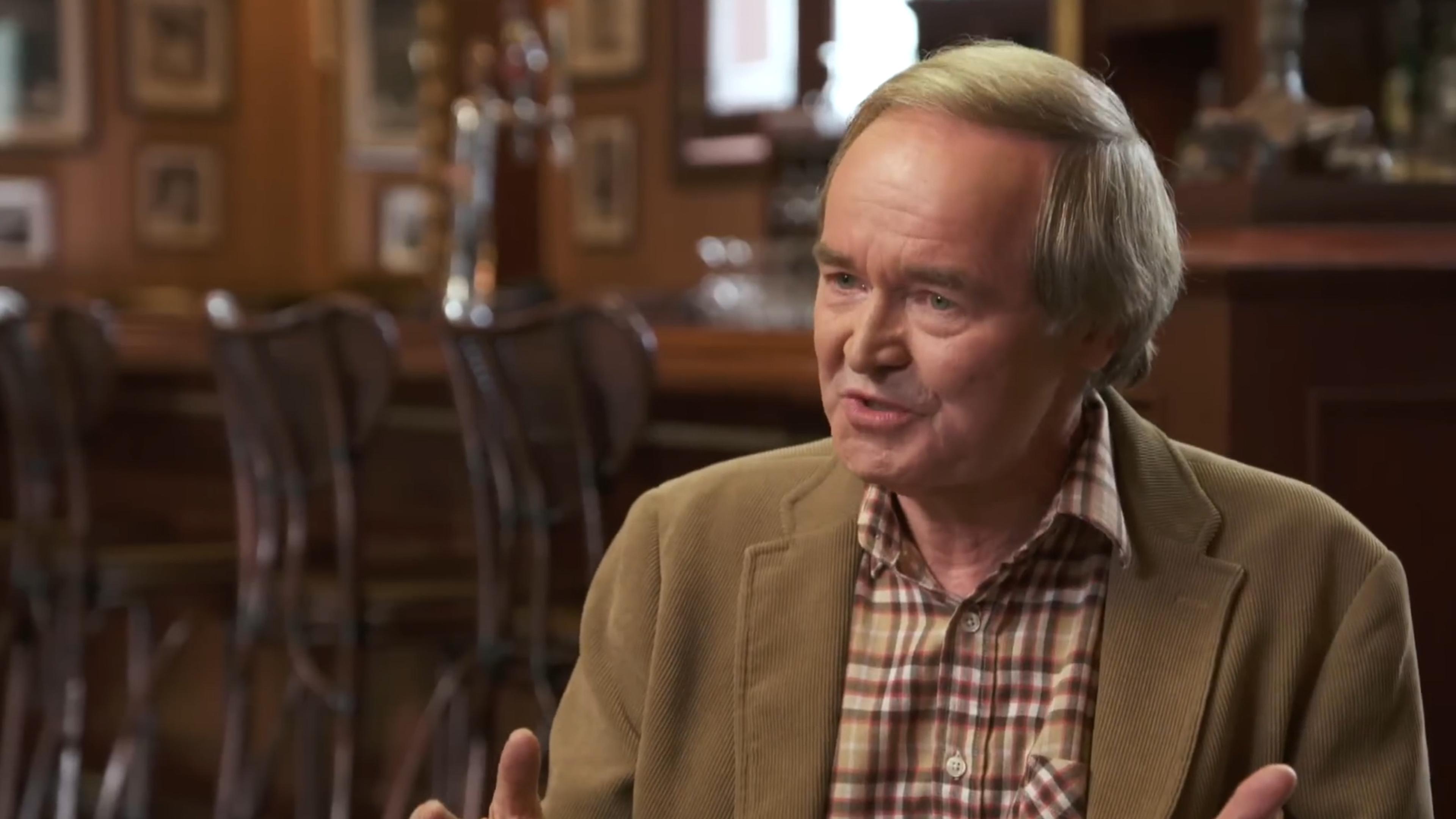
videoCosmology
Are observers fundamental to physics, or simply byproducts of it?
10 minutes

videoPolitical philosophy
Beyond the veil – what rules would govern John Rawls’s ‘realistic Utopia’?
6 minutes
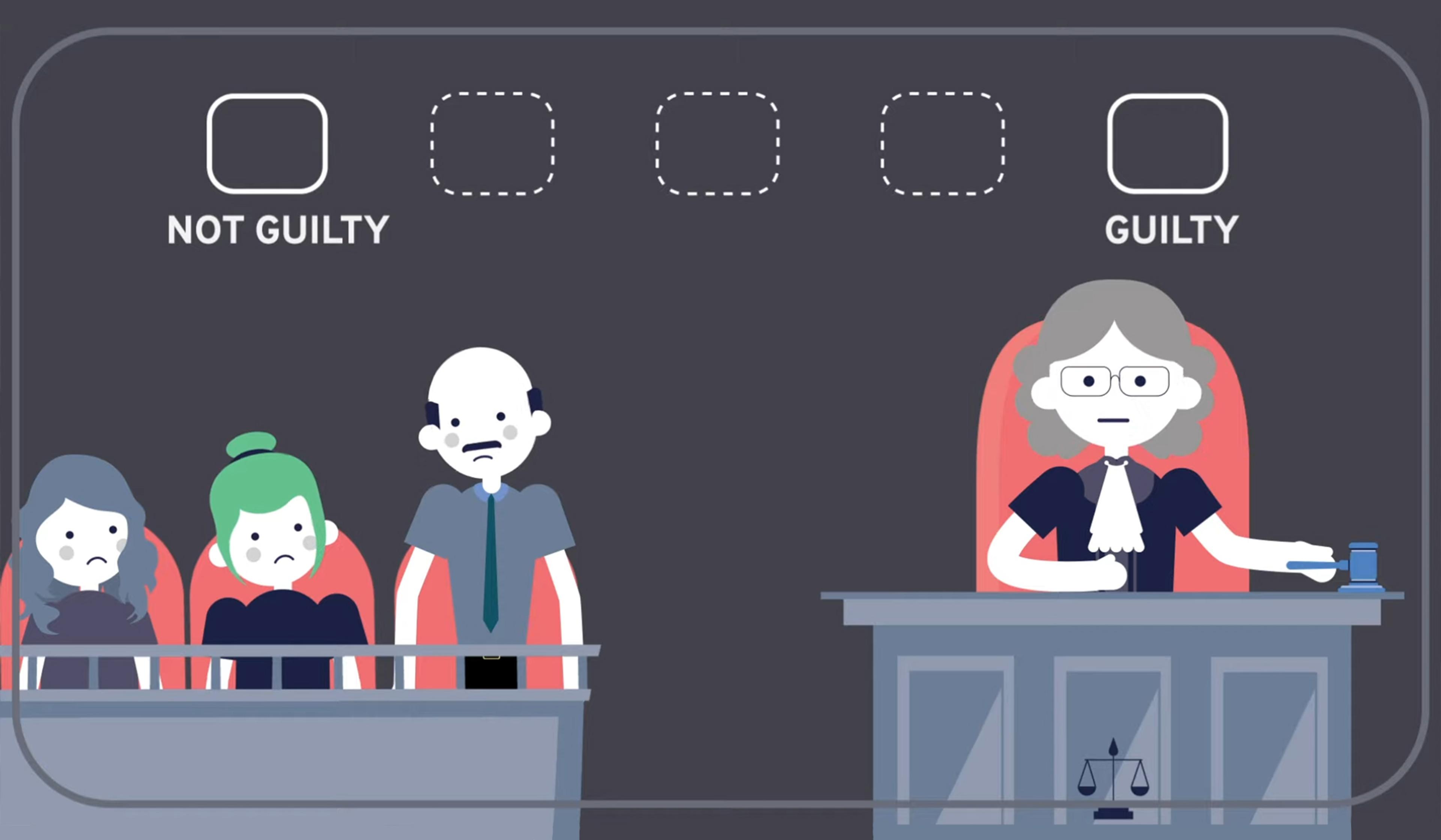
videoHuman rights and justice
Beyond ‘guilty’ or ‘not guilty’ – could a range of verdict options be more just?
9 minutes